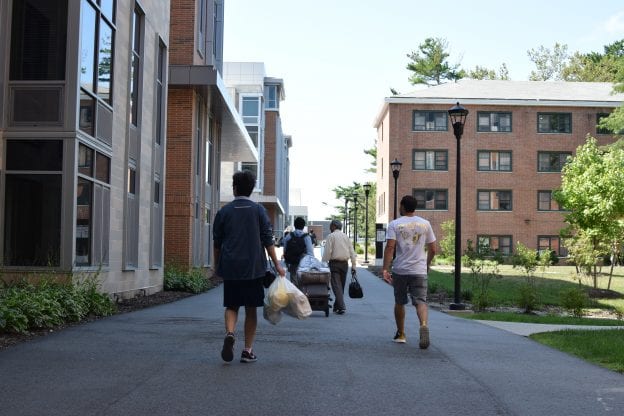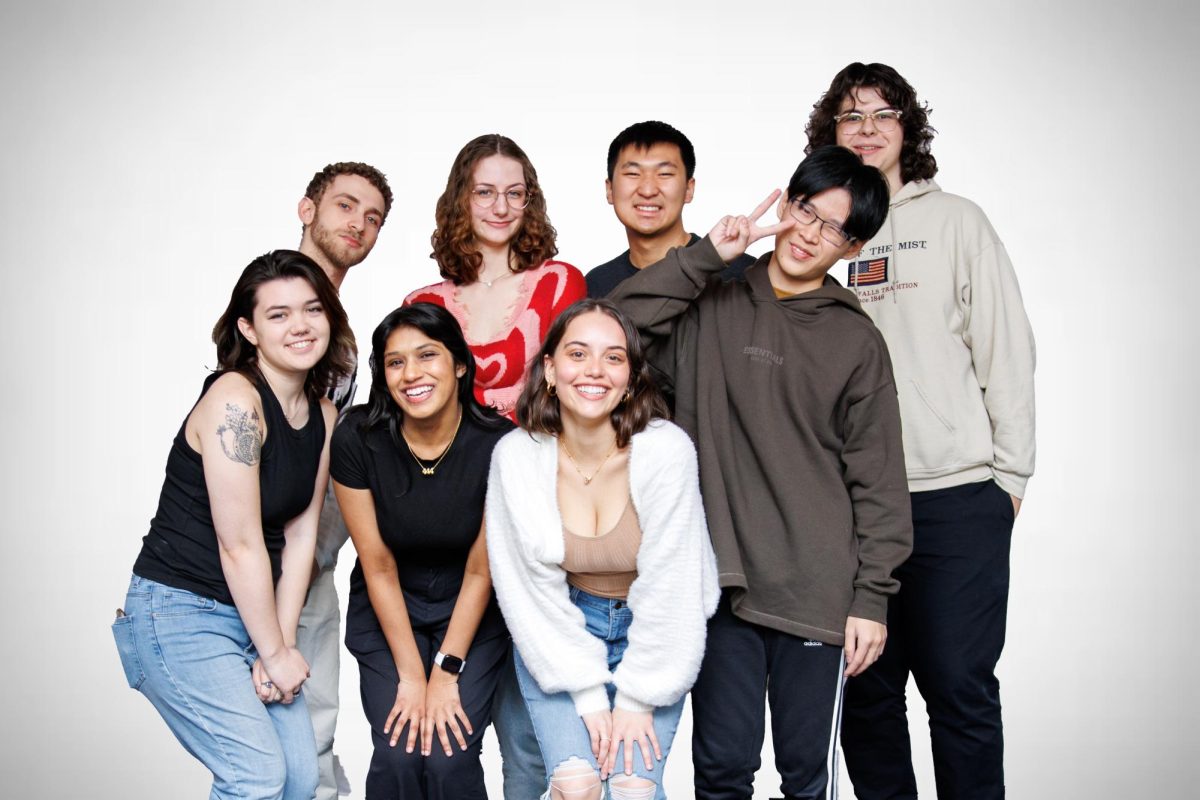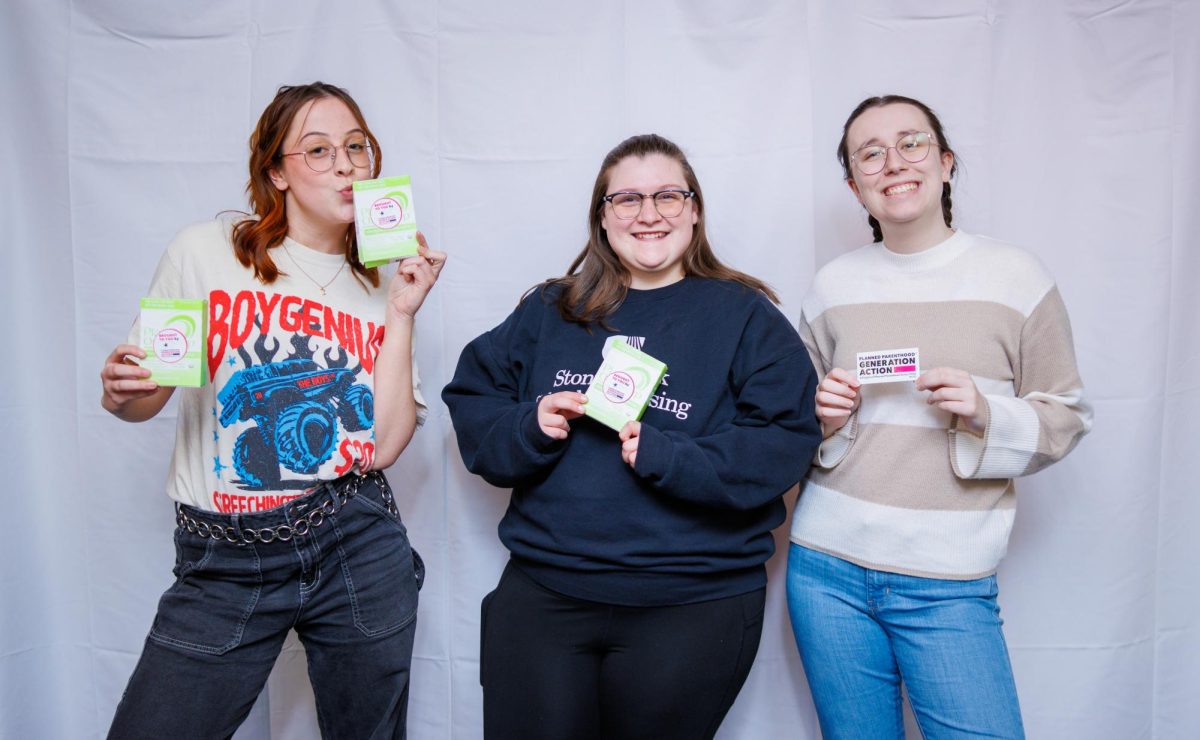
Stony Brook’s undergraduate college (UGC) system transformed from six learning communities to three new ones during the summer to prepare for the class of 2025.
The new communities are Social Justice, Equity and Ethics (SJE), Creativity, Technology and Innovation (CTI) and Global Health, Wellness and Community (GWC). Freshmen, who are all required to join a UGC, pick based on their interests and take introductory courses to Stony Brook in their fall and spring semesters with the rest of their community.
The change came as the housing model was relooked at for the 2021-2022 school year. Campus Residences’ Housing Task Force believed freshmen would benefit from living in freshmen-only communities. After making the Roosevelt, Mendelsohn and H communities freshmen-designated living areas, Anastasia Zannettis, the assistant dean and director of the Undergraduate Colleges, was one of the people tasked with deciding what to do with the previous six college systems.
“We were thinking, what do we want this to look like in five to 10 years?” Zannettis said. “And once we started looking at it that way it was like, let’s align it more with the housing system, let’s align it with what other schools are doing, let’s make the themes more relevant to what the students are interested in and what’s going on in the world.”
The UGC staff decided on three colleges, one for each freshman community, that would reflect what topics students were interested in and global issues, like climate change and social issues. They asked current and past UGC fellows, and faculty and staff from all campus departments, for suggestions before realizing they could group a wide range of subjects into three themes.
“They were clustering in these [three] areas, with different tweaks,” Zannettis said. “But it was like, these are the things that pop out, and are really the topics people are thinking and worrying about and are trying to solve.”
The undergraduate college system started in 2003. That makes it as old as the class of 2025’s average age, 18.
UGC fellows, who are sophomores prepared to aid in SBU 101 and 102 classes, will remain a vital part of the system. Fellows often aid freshmen as a student-to-student guide to all things SBU. Some fellows, like Charissa Buchan, a sophomore journalism and psychology major, felt “a little worried” when they heard about the shift.
“Since everything changed I was also scared that I wouldn’t remember the acronyms, where on campus each UGC is located, or that I would keep comparing the new system to the old system,” Bachan, an SJE fellow, said. “As time goes on, I feel like I’m adapting well to that change and what it brings.”
Kevin Zeng, another SJE fellow, attended a meeting about the UGC changes before it was announced to the public. Zeng said they were “pretty surprised” because when they were accepted, they believed they’d be a fellow for Information and Technology Studies.
“The sudden shift from the six college model to three colleges was definitely unanticipated, but also exciting,” Zeng, a sophomore computer science major said.
Freshmen will still take 101 and 102 classes similar to the old system but with the new course code SBU. For the SBU 101 final project, students must create a group community service project relevant to their college’s theme.
Dillon Pekoff, a forever fellow, meaning a past fellow, believes the final project is one of the “best parts” of the SBU 101 class.
“It also just allows for them to contribute to those who need in the best way possible,” Pekoff, a junior biology major said. “I believe once they get a taste of helping others, they will love it and want to do more, which will only make for better citizens.”















